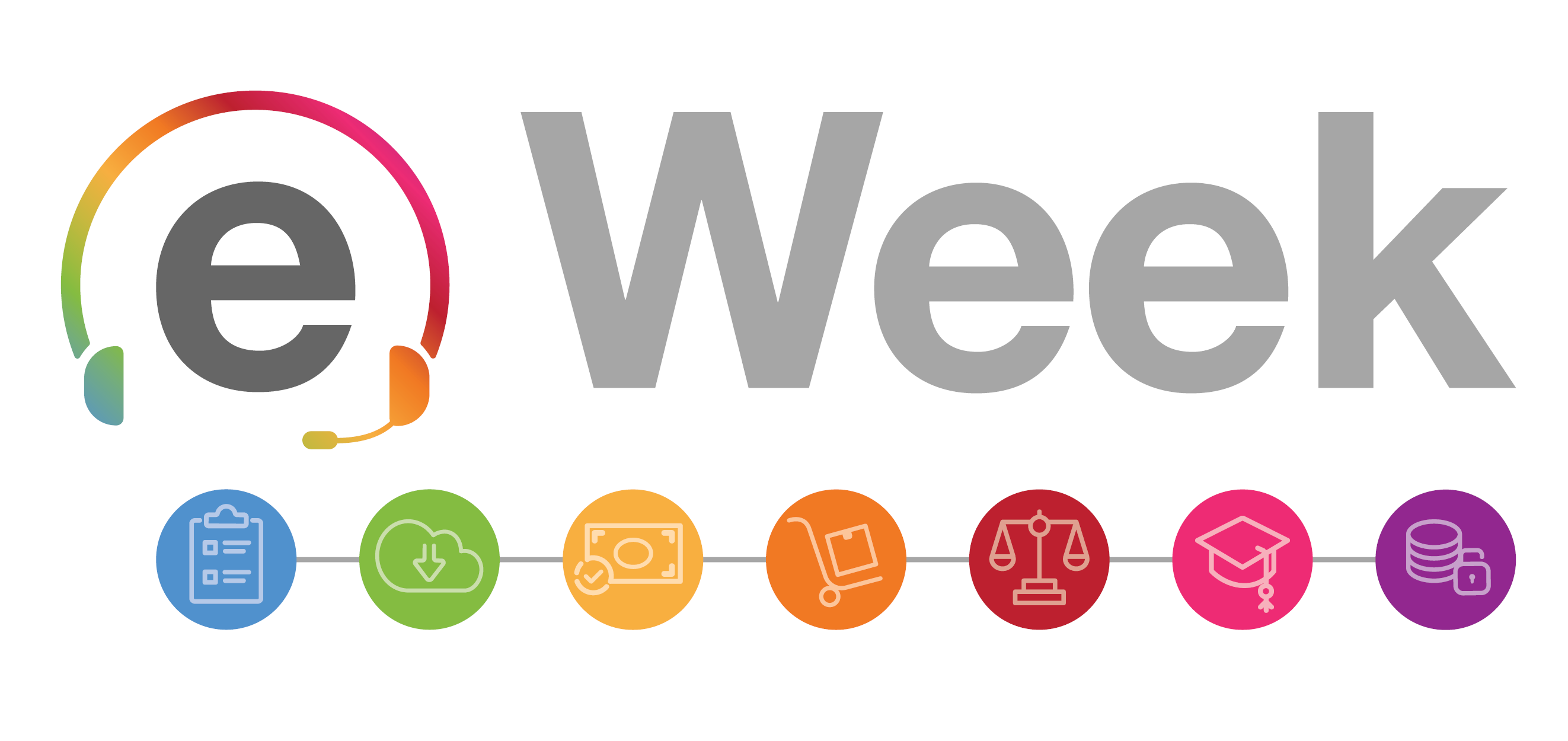Building a measurement tool that drives the development of an inclusive digital economy
30 Apr 2020 10:00h - 11:30h
Event report
[Read more session reports and updates from the eWeek of Online Event: Dialogues, Webinars and Meeting]
The Inclusive Digital Economy Scorecard (IDES), developed by the UN Capital Development Fund (UNCDF) is a tool for measuring the status of their inclusive digital economy, explained Mr François Coupienne (Global Digital Lead, UNCDF). IDES helps governments measure the effectiveness of their programmes, make appropriate changes to their initiatives to address the gaps identified, and set priorities on what policies should be enacted.
Based on the pilot launch of IDES in Uganda, Mr Chris Lukolyo (Uganda Country Lead, UNCDF) said that working and aligning with the goals of the government of building an inclusive digital economy, identifying the key indices crucial for measuring inclusiveness for the country, understanding the existing tools and what data is locally available and relevant, and customising the tool to suit Uganda, helped the pilot be successful.
Mr Stefanos Kotoglou (Policy Officer, Digital Economy and Society Index (DESI), EU) said that DESI measures the digitisation of EU member states, and the parameters of this index: connectivity, human capital or digital skills, use of Internet services by citizens, integration of digital technology by businesses, digital public services, and research and development information and communications technology (ICT). He also highlighted the Women in Digital Scoreboard 2019 that assesses women based on 13 indicators.
For measuring the broader digitalisation of business and MSME in countries, Ms Scarlett Fondeur (Economic Affairs Officer, ICT Policy Section, UNCTAD) cited the examples of UNCTAD’s Rapid eTrade readiness assessment that measures status of e-commerce, level of ICT infrastructure, e-payment, logistics, legal and regulatory framework, digital skills, availability of finance in a country and the B2C economic index.
For measuring inclusivity of the digital economy, Ms Claire Scharwatt (Director Policy and Advocacy, GSMA) explained that GSMA looks at three components: connectivity, identity, and payments.
The challenges of data collection, the lack of data from developing countries and certain demographics, the inability of getting data for updating the Key Performance Indicators (KPIs) of the parameters, and the failure to address the right questions by different demographics, were highlighted by all.
For addressing the challenges of data collection for minorities such as women and the elderly, apart from using main site surveys, using proxy indicators such as data from supply sites or certifications could be useful in gathering data.
In order to make IDES more effective for countries, Scharwatt stressed the need to have discussions with governments, businesses, and donors on the data gaps that need to be addressed and prioritised. She suggested adding more detailed indicators for connectivity such as distinguishing between 2G and 3G networks, and adding other dimensions such as affordability. Fondeur stressed the need to build consensus on what data should be collected, defining it, identifying who would compile and analyse the data, and the creation of working groups to discuss the lessons learnt and to share best practices. She also highlighted the need for information sharing and collaborations between stakeholders and countries.
Elaborating on the next steps, Coupienne shared that IDES would be piloted in: Burkina Faso, Nepal, the Solomon Islands, and implemented in 20 countries in Africa and Asia Pacific by mid-2020. He shared IDES’ goal to prepare the measuring IDES report by September.
By Amrita Choudhury
Related topics
Related event

eWeek of Online Events: Dialogues, Webinars and Meetings
27 Apr 2020 17:59h - 1 May 2020 17:59h
Online
